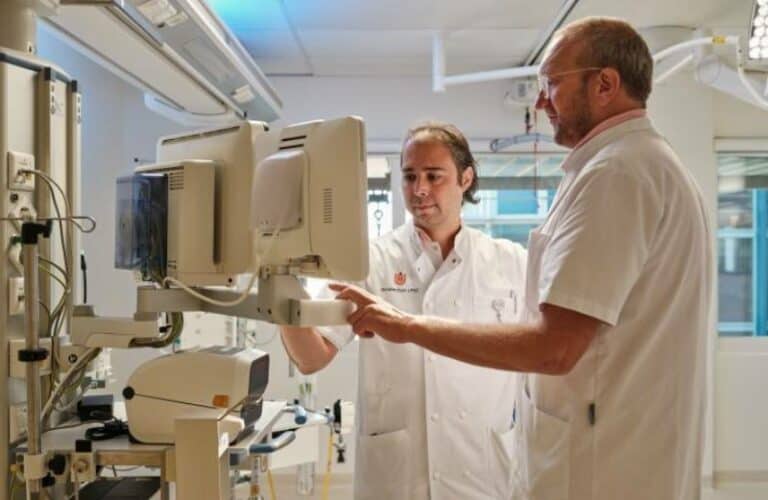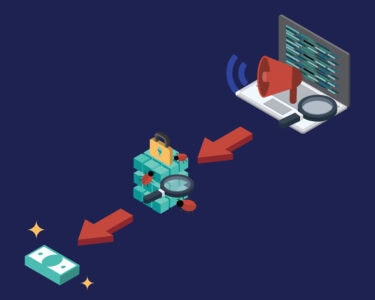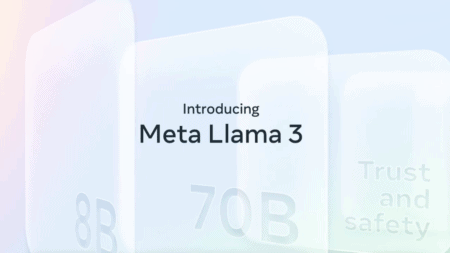The intensive care unit of Amsterdam UMC implemented an artificial intelligence solution to determine whether patients are fit to leave intensive care. “A world first”, the organization said.
Artificial intelligence (AI) is gaining ground in healthcare. More and more organizations develop AI software for patient care. PathAI provides a solution for diagnosing cancer; Enlitic recognizes diseases based on unstructured patient data and VirtuSense tracks the movement of disabled patients to predict falls.
Implementing AI is challenging for hospitals. Patient data is sensitive. Some bugs are a matter of life and death. Error-free software is necessary. Amsterdam UMC managed to overcome the challenge. The doctors of its ICU recently adopted an AI solution to determine whether patients can leave the ICU.
The real-time software compares a patient’s data to the data of thousands of patients that have been treated in an ICU in the past. The analysis is used to calculate the likelihood of a patient returning to the UCI within a week in the event of a discharge. Doctors make the final decision. They remain responsible. The software offers a second opinion.
The choice for discharge
Doctors in ICUs consider patient discharges daily. The choice has serious consequences. A patient discharged too soon can rapidly deteriorate in health. Sometimes, the patient returns within a week. According to Amsterdam UMC, the readmission rate of Dutch ICU patients is around 5 to 10 percent.
A patient who spends too long in the ICU is extremely expensive. In some cases, the overstay becomes a danger to fellow patients. An overcrowded ICU may refuse care. It’s important to get existing patients out as quickly and safely as possible. Readmissions are often inefficient.
Fewer readmissions
The AI solution has two goals: reducing readmissions and preventing unnecessarily long stays. The software was developed by intensivists Patrick Thoral, Paul Elbers and software company Pacmed. “It’s a huge milestone,” says Wouter Kroese, co-founder of Pacmed.
“It’s incredibly important that AI is finally making its way into medical practice. This must be done responsibly and safely. Together with Amsterdam UMC, we have taken all the necessary steps. We comply with all regulations to be able to use the software as a medical device.”
“We are ready to scale up and expand the software so that it can help solve capacity and staffing challenges in hospitals throughout the Netherlands and beyond.”
Tip: Microsoft unveils new service for health care organizations



















